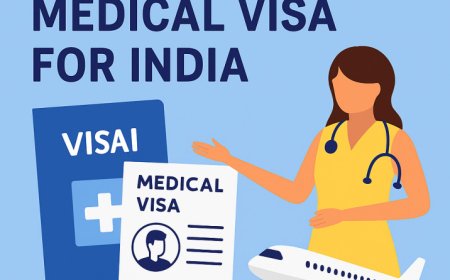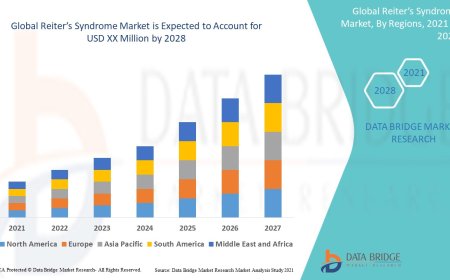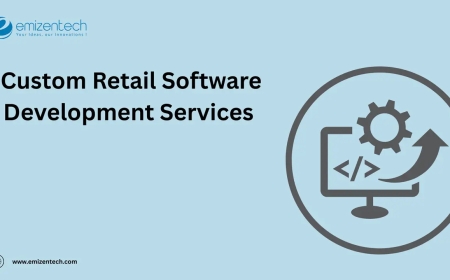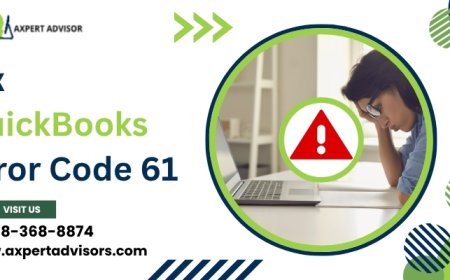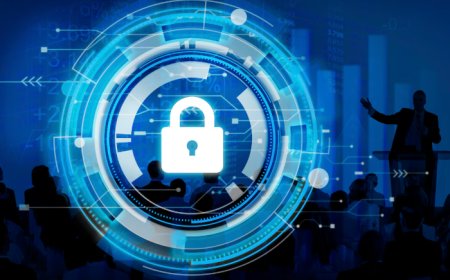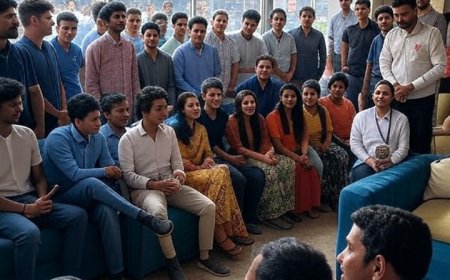Digital Signature for Government Employees and Departments
The government uses a special tool called a digital signature. This certificate works just like a handwritten signature

In todays digital world, government departments are shifting their work from paper files to computers and the internet. This change is called digital transformation. To make sure that online documents are safe, trusted, and cannot be changed by others, the government uses a special tool called adigital signature. This certificate works just like a handwritten signature but is used in digital form.
Digital signatures are now required for many government employees and departments for various official tasks like signing documents, verifying identity, sending official emails, approving tenders, and filing government records. In this article, we will explain in simple words what digital signatures are, why they are important, how government employees use them, and how they help in making government work faster, safer, and more trustworthy.
What is a Digital Signature Certificate (DSC)?
A Digital Signature Certificate (DSC) is an electronic way of signing documents. It is like your handwritten signature, but in digital form. It helps to prove your identity online and confirm that the document has not been changed.
DSCs are issued by government-approved agencies called Certifying Authorities (CAs). These authorities follow strict rules to ensure the safety and legality of each DSC.
The main uses of a digital signature are:
-
To prove the identity of the person who signed the document
-
To confirm that the document has not been changed after it was signed
-
To give legal validity to electronic documents
Why Government Employees Need Digital Signatures
Government employees handle sensitive documents like financial records, contracts, confidential letters, and approvals. When this work is done on paper, it requires physical signatures, stamping, and storing files.
But in digital form, a digital signature replaces all of these steps. It is:
-
Fast: No need to print or scan documents
-
Safe: Cannot be copied or misused
-
Legal: Has the same legal value as handwritten signatures under the Indian IT Act, 2000
-
Efficient: Helps in faster processing and better record keeping
Government employees need DSCs to:
-
Sign PDF documents
-
File GST, Income Tax, and other returns
-
Approve or reject files in e-office systems
-
Sign emails and official communication
-
Submit or process online tenders
-
Approve purchase orders and public contracts
Types of Digital Signature Certificates
Digital Signature Certificates are available in three main types:
-
Class 1 DSC: Used to verify email IDs and names. Mostly for personal use and not for official work.
-
Class 2 DSC: Used for filing tax returns, GST, MCA filings, and other government services. This type verifies the identity of the person using it.
-
Class 3 DSC: Used for e-tendering, e-procurement, e-auctions, and high-security official tasks. It requires stricter verification and is most suitable for government departments.
Most government employees and departments use Class 3 DSC for their work, as it offers the highest level of security.
How Digital Signatures Work
Here is a simple explanation of how digital signatures work:
-
A person gets a DSC from a Certifying Authority.
-
When that person signs a digital document using the DSC, a secure code is added to the document.
-
This code proves that the document was signed by the person and has not been changed.
-
Anyone who receives the document can check the signature and verify its authenticity using software.
How Government Employees Can Get a DSC
Getting a digital signature is a simple process. Here is how a government employee can apply for one:
Step 1: Visit Our Website
-
Go to our website to start the process.
Step 2: Fill in Your Details
-
User Type: Choose if you are an individual or an organization.
-
Certificate Type: Pick if you need it just for signing documents or for both signing and encryption.
-
Validity: Choose how long you want the certificate to last.
-
Personal Info: Enter your name, phone number, email, and address.
-
Agree to Terms: Check the box to agree to the terms.
-
Submit: Click the submit button.
Step 3: Choose Token Option
-
Already Have a Token?: If you have a USB token, choose "No." If you need a new one, choose "Yes."
Step 4: Make Payment
-
Payment: Enter your payment details and choose how you want to pay (net banking, credit card, debit card, or UPI).
Step 5: Complete the Process
-
Review: Make sure all your information is correct.
-
Submit: Click submit and wait for a confirmation email.
Step 6: Get Your Digital Signature
-
Youll receive your digital signature on a USB token drive after processing.
Benefits of Digital Signatures for Government Employees
Digital signatures offer several benefits for government work:
-
Saves Time: No need to print, sign, scan, or courier documents. Signatures can be added with a few clicks.
-
Saves Money: Reduces the cost of paper, ink, postage, and storage.
-
Improves Speed: Decisions and approvals can be made quickly, improving the efficiency of departments.
-
Increases Security: Digital signatures use encryption, making it nearly impossible to copy or misuse.
-
Builds Trust: The public can trust digital documents knowing they were signed by an authorized government officer.
-
Supports Digital India: Helps the government move towards full digital governance, making services easier to deliver and access.
Role in Emergency and Remote Working
During times like the COVID-19 pandemic, many government employees worked from home. Digital signatures played an important role in allowing:
-
Remote approvals
-
Online communication
-
Smooth file processing
-
Uninterrupted services
Even in future emergencies, DSCs ensure that government services do not stop. It also reduces the need for face-to-face contact, keeping employees safe.
Future of Digital Signatures in Governance
As technology grows, digital signatures will become even more useful. The future may include:
-
Cloud-based DSCs accessible from any device
-
Integration with mobile phones and tablets
-
Auto-signing workflows for faster approvals
-
Use of biometrics with digital signatures
-
Stronger encryption for better safety
Government departments will likely move to full digital platforms where every processfrom birth to pension, is signed, approved, and delivered digitally.
Suggested Read Class 3 Digital Signature Certificate For eTender
Conclusion
Digital Signature Certificates have become a necessary part of modern governance. They allow government employees and departments to sign documents, verify identity, and carry out official duties securely and efficiently. From filing tax returns to approving tenders, DSCs are now involved in nearly every digital task.
By reducing paperwork, saving time, and improving safety, digital signatures are helping the Indian government move closer to the goals of the Digital India campaign. They are making government work faster and more trustworthy, improving public services and accountability.
Government employees at every levelwhether in a small village office or a central ministrycan benefit from using digital signatures. With proper training, support, and awareness, DSCs will continue to play a big role in building a strong digital government that is transparent, efficient, and citizen-friendly.






